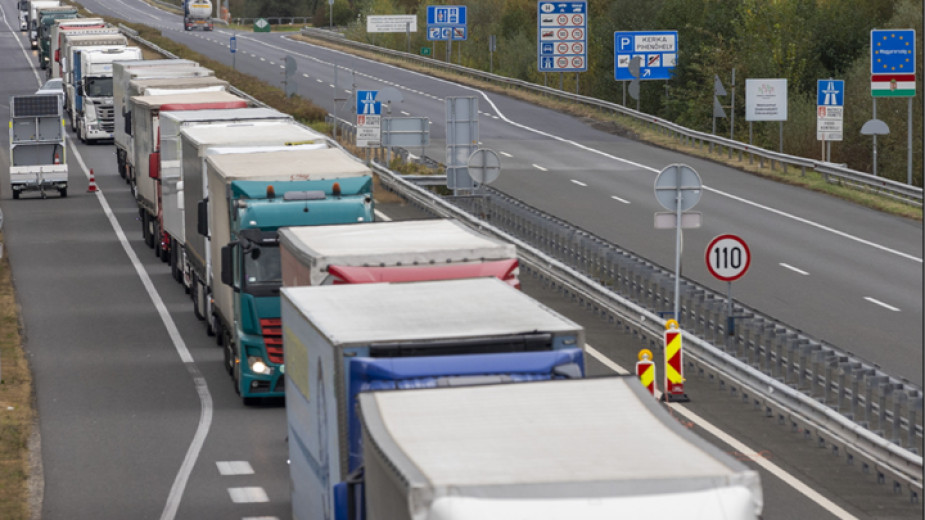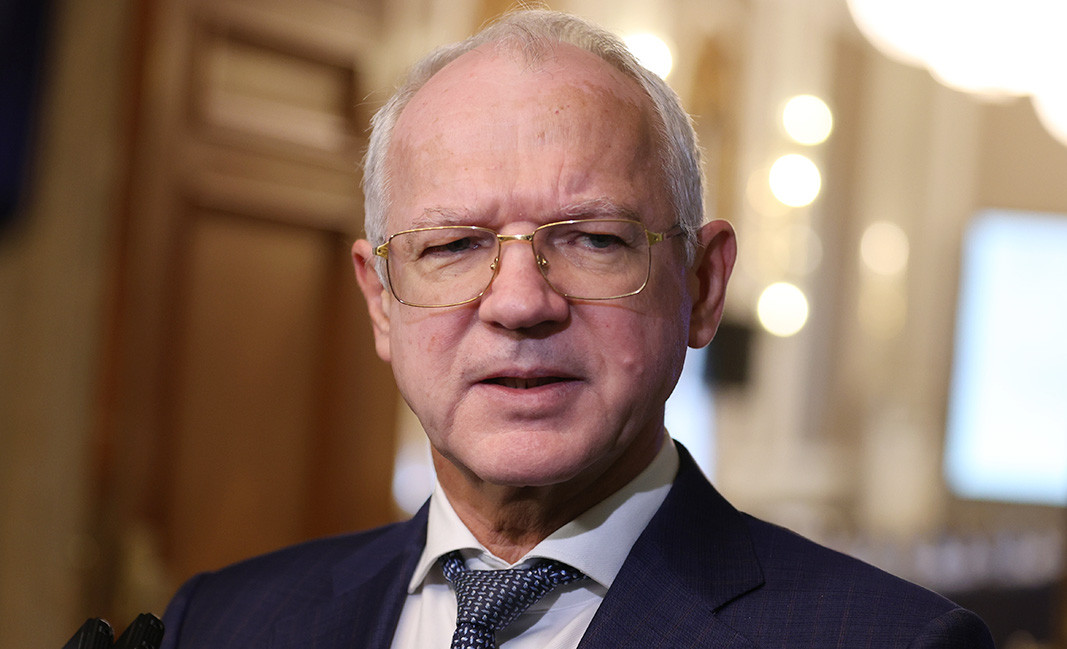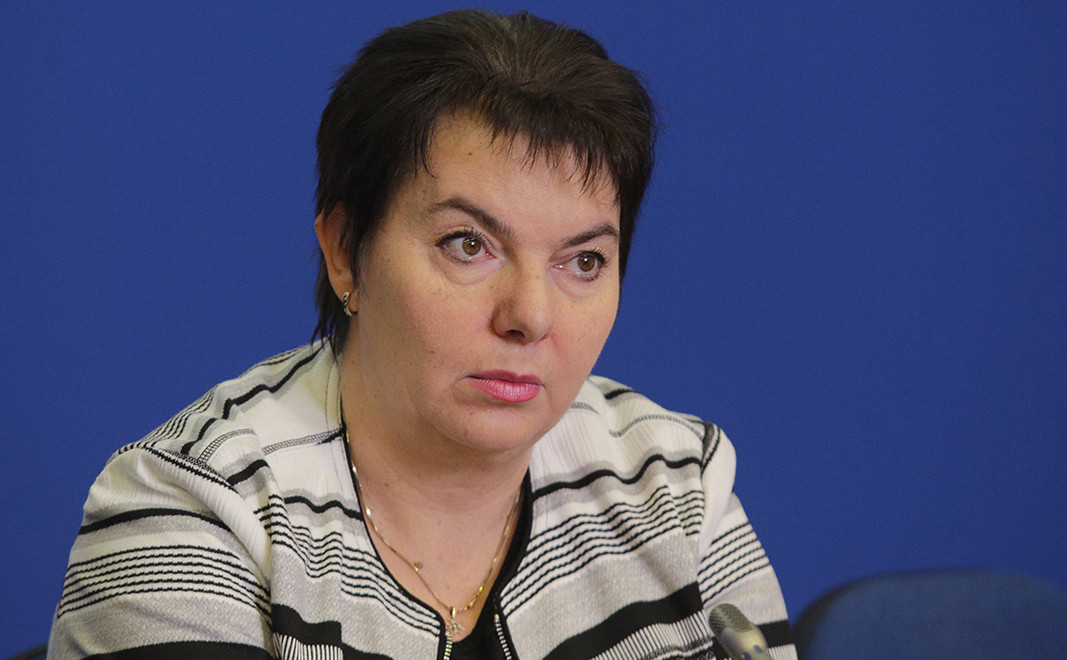
The European Commission decision on Bulgaria and Romania’s accession to Schengen by air and by sea at the end of March 2024 triggered some harsh reactions in this country. President Rumen Radev stated that we are entering 2024 with mixed feelings, and half-way decisions – a half-constitution, a half-Schengen, half-truth, half-budget, half-reforms. Businesses in the country were not happy either, the Bulgarian Industrial Capital Association even called for a boycott of Austria’s initiatives and commodities on the territory of Bulgaria. Prime Minister Nikolai Denkov on his part stated that the talks with Austria on the lifting of restrictions at Bulgaria’s land borders continue. The Union of International Carriers say they expect Bulgaria to negotiate the country’s accession to the Schengen area by land this year, and that the current situation does not benefit businesses and the economy in any way.
“Around 8% of Bulgaria’s exports for the EU countries are by sea, river and air, the remaining 92% and over are by land. Mostly by road transport, and to a lesser degree by rail, i.e. this does nothing to help businesses, the economy, or, more specifically the transport sector. We have for years been raising the alarm that every year, Bulgarian carriers sustain losses amounting to EUR 100-150 million just from having to wait at our border with Romania, but, unfortunately, we are not seeing any success in this direction,” Yordan Arabadjiev, executive director of the Union of International Carriers in Bulgaria said for the BNR.
The EU’s consultative body, the European Economic and Social Committee, which represents employers, workers’ unions and representatives of social, economic and cultural organization from the member countries adopted, in mid-December 2023, a resolution calling on the EU to speed up the procedure of Bulgaria and Romania’s accession to the Schengen area.
According to the chairman of the board of directors of the Bulgarian Industrial Capital Association Vasil Velev, Bulgaria’s membership of the Schengen area, the Eurozone and the Organisation for Economic Cooperation and Development (OECD) is a priority for employers and business organizations. Expectations and hopes were high that in 2023 the first membership would be a fact, the second - in 2025, and in 2026 - of the OECD. 
“What has happened so far is a big disappointment. According to the information coming from freight forwarders, in actual fact 3% of the freight is by air and by water, 97% is by land, i.e. as regards the free movement of goods the benefits are slim to none.”
In a TV interview, Vasil Velev called for a boycott of Austrian goods, shops and petrol stations on the territory of Bulgaria because of Austria’s veto on the country’s full accession. In his words, transit Austrian transport must be checked constantly, as is ours. Even though passport control was lifted at airports, which entailed serious delays for the passengers using several forms of transport to reach their final destination, land border control is still in place, and is a hindrance to the tourist industry. 
“I hope, now that the Christmas and New Year holidays are behind is and before the start of this year’s summer tourist season, the Ministry of Tourism will think about asking the border police to make efforts for the creation of special corridors for citizens of the EU that will help bus transport reduce the period of time spent waiting at borders until we enter the Schengen area by land as well,” says Pavlina Ilieva, chair of Future for Tourism association.
Former deputy minister of foreign affairs and of economy Milen Keremedchiev believes the reason why there is no date for this country’s accession to the Schengen area by land is the migrant crisis which is a concern for the other member countries: 
“There is a wave of anxiety among European voters over the increasing migratory pressure. That was evident at the elections in Slovakia, in the Netherlands, and the issue will continue to be on the agenda at the elections that are going to take place around the world. The migrant question will be an important issue that will have to be addressed by the European governments. A government that does not do that will get a very painful slap in the face from voters,” says Milen Keremedchiev. “This goes to show that voters are rather sceptical that the migrant crisis will be dealt with, and border EU countries – Bulgaria and Romania – remain in the crosshairs of some European politicians.”
Interviews by Diana Doncheva and Yordanka Petrova, Horizont, BNR
Text by Yoan Kolev
Translated by Milena Daynova
Photos: EPA/BGNES, BTA, Ivan Ruslanov-BNR
"Flower in a Test Tube" is an innovative project that creates a new product using plant biotechnology. But it does more than that—it tells a story about the power of the human mind and heart. The idea comes from Petar Neftelimov, a young man born with..
The annual growth of incomes outpaced that of expenses in 2024. According to data from the National Statistical Institute, in 2024 the average annual total income per household member in Bulgaria reached 12,857 BGN (6,573.68 EUR) and increased by 18.5%..
The pig meat sector in Bulgaria is showing signs of growth. This was announced at the International Forum "Modern Trends in Pig Farming: Scientific, Market and Regulatory Aspects", held today in Stara Zagora. It was highlighted that 53% of the..

+359 2 9336 661
